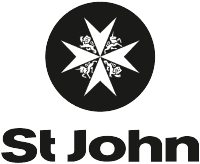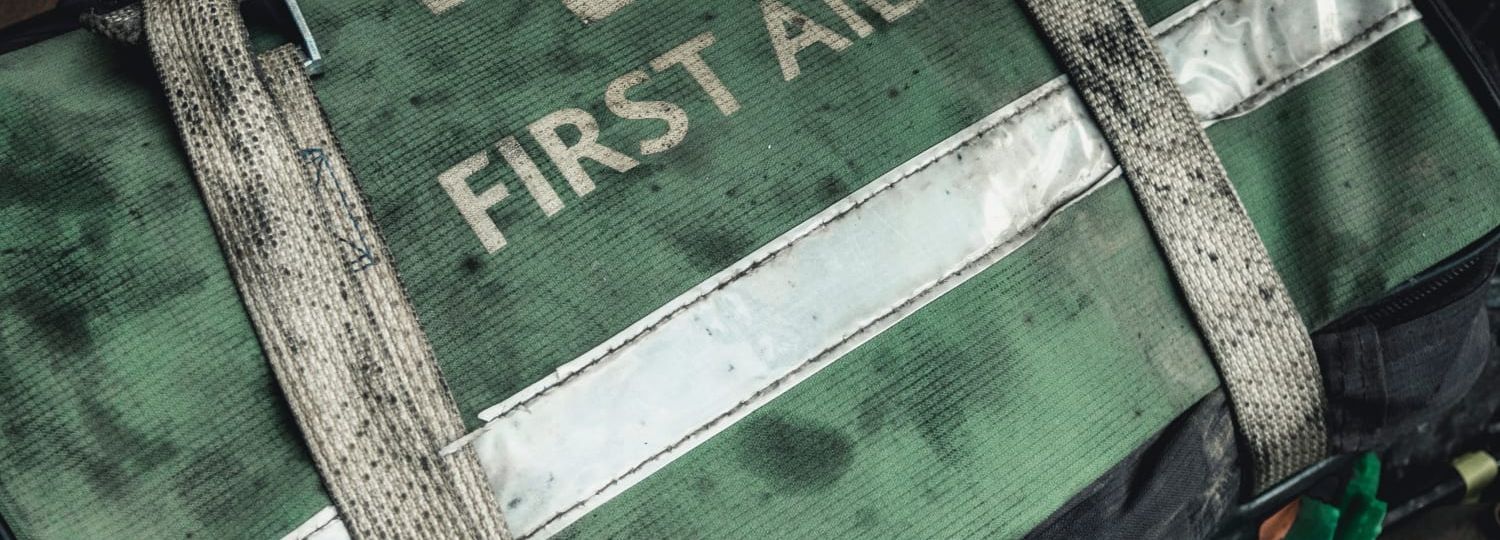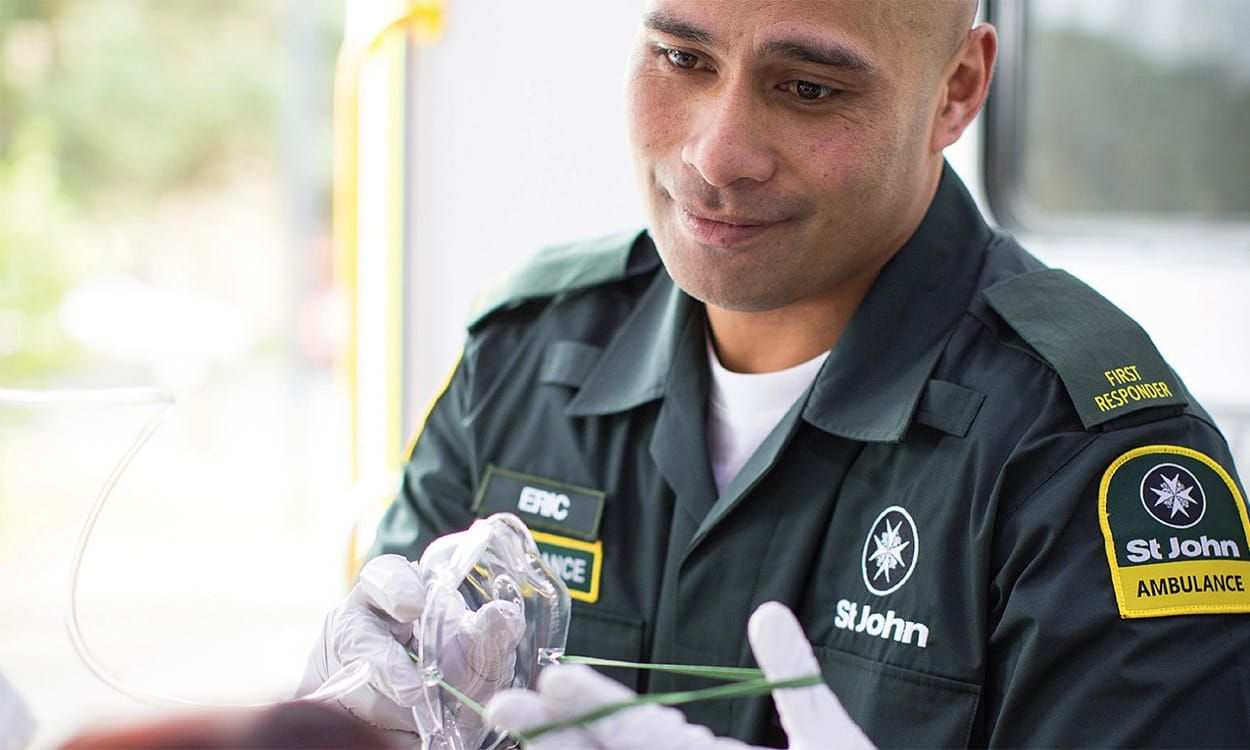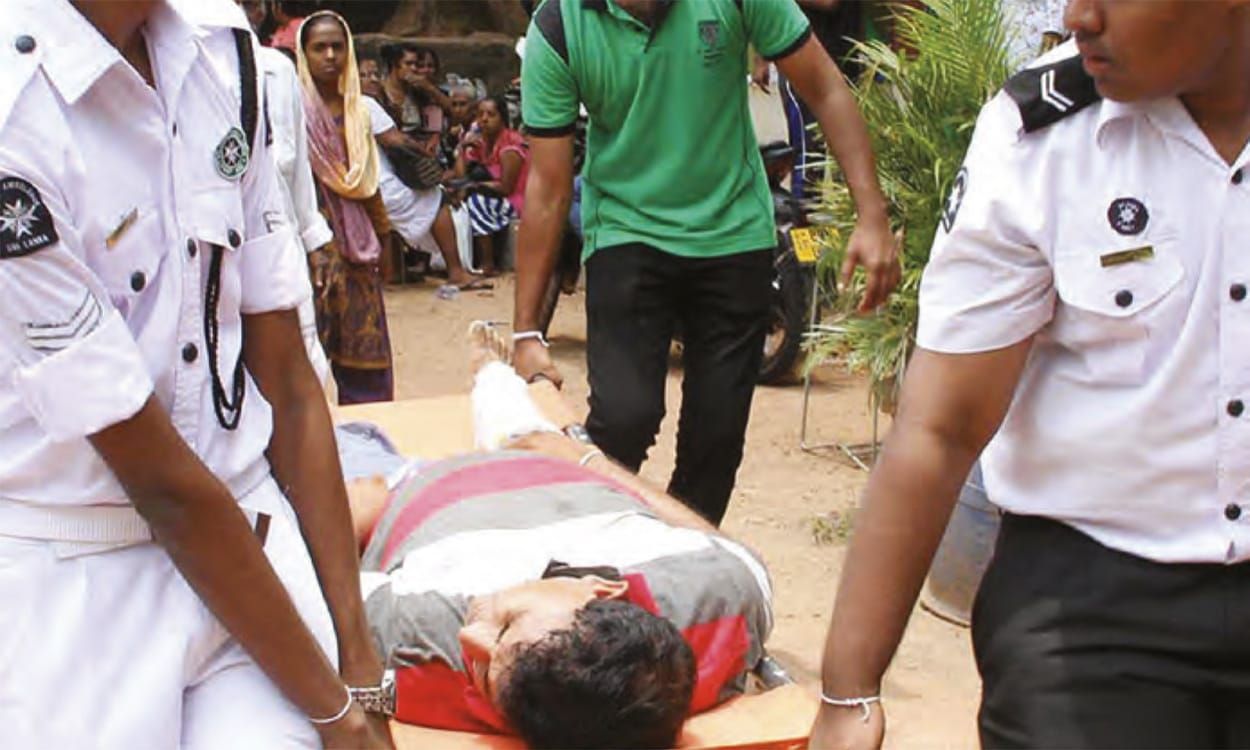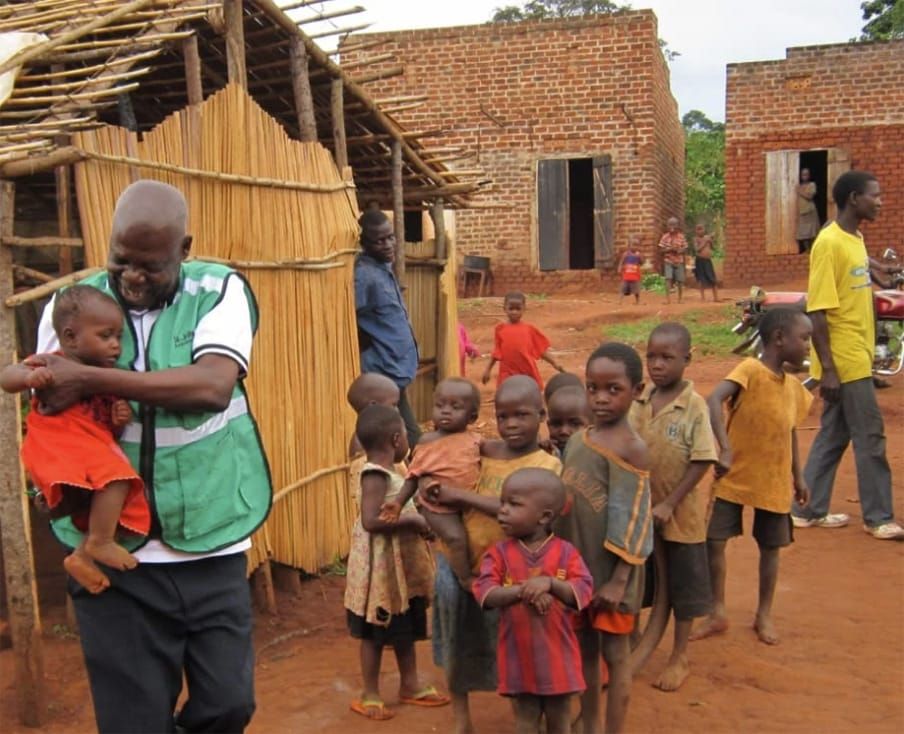St John Tasmania was approached by Clinical Professor Nitin Verma, AM, CStJ, OTL, to provide first aid training and basic pre-hospital health care support to disadvantaged communities on the island of Atauro in Timor-Leste.
Working in Timor-Leste is a first for St John Tasmania. The St John organisation has not had a broad organisational presence in the country other than with St John Western Australia, which provides some technical and asset support to the national ambulance service operated by the Timor-Leste Ministry of Health.
Where is Timor-Leste?
Timor-Leste is a small country in Southeast Asia that shares land borders with Indonesia. It is located about 700 kilometres north of Darwin and has one-quarter the land area of Tasmania. The population of the country is around 1.3 million, with one third of the population living in Dili or several other larger areas. Most of the population is decentralised in remote and small villages.

Why does Timor-Leste need support?
Since obtaining independence from Indonesia in 2002, Timor-Leste has been undergoing gradual social and economic growth, and infrastructure development. Health care and vocational training are not currently regulated, and education is provided at a low level. The key health issues and preventable deaths are associated with traumatic injuries, childbirth, childhood illness, dehydration, animal bites, and tropical illnesses. The health system is currently highly dependent on aid partners or NGOs to support community and workforce development activities, including mentoring in the development of leadership and service management skills to develop local service quality and sustainability.
Access to health care services in rural communities is limited, and assistance can be delayed or require walking for many hours to the nearest health post.
How does St John plan to help?
Deploy a St John Tasmania representative with health and overseas humanitarian assistance experience to Dili and Atauro Island to identify local needs and develop options and subsequent plans for an assistance programme that can provide support in the medium term and sustainable benefits to the local community.
Scope
The intent of the project scoping mission is to assess local needs and stakeholder support. St John principles-aligned medium-term project that can be supported by St John Tasmania and potentially other St John entities and partner organisations. This scoping mission is purely to undertake a needs and feasibility assessment to guide the future planning and delivery of a humanitarian assistance project.
Potential Medium Term Project Options:
- A first aid in school programme based on the St John Papua New Guinea model, in which secondary school students are trained and issued with a first aid certificate.
- Community-based first aid training based on the Apply First Aid Course, with modules covering childbirth, lifting and moving patients, and assisting with extended care.
- Provide healthcare workers with advanced first aid skills using content aligned with the current St John Advance First Aid Course and Certificate III Basic Health Care Course.
The project in Timor-Leste is one great example of how the Asia and Oceania regions are bringing our strategy to life. St John regions are set up to help develop plans and mechanisms to provide support and assistance to each other.
